GBCI Europe Circle 2023: Beyond Zero in Barcelona
Im April dieses Jahres hat EnviroSustain als Sponsor am GBCI Europe Circle Event in Barcelona teilgenommen.
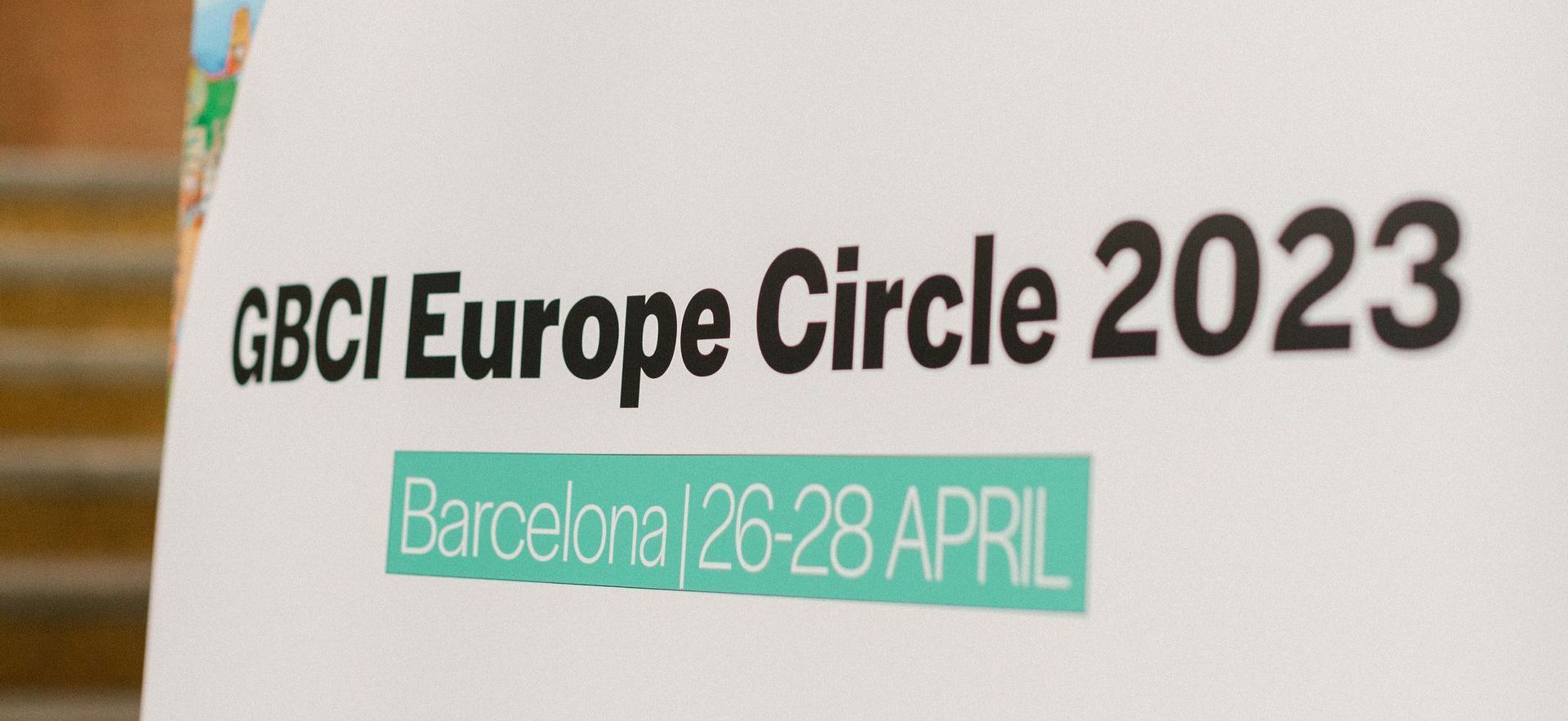
Obwohl die Veranstaltung als Treffen der „LEED Community“ bezeichnet wird und einige Beiträge sich mit der Anwendung von LEED in Europa befassen, sind die Themenfelder im zweiten Jahr des Events deutlich breiter geworden. Das Event bietet Immobilieneigentümern, Investoren, Architekten, ausführenden Unternehmen, Ingenieuren und Beratern eine Gelegenheit zusammenzukommen, um die wichtigsten Themen und Innovationen des nachhaltigen Bauens und Betreibens zu diskutieren.
In diesem Jahr machten sich sieben Mitglieder des EnviroSustain-Teams mit der Bahn auf die lange Reise von Deutschland über Frankreich nach Spanien. Unser Marketing-Team aus England, Sam Wheeler wie auch Russ Avery und Tim Brown (Avery & Brown), war ebenfalls mit von der Partie.
ES arbeitet seit über zehn Jahren mit dem US Green Building Council (USGBC) zusammen und unterstützt gemeinsam mit dem GBCI Europe die Umsetzung von LEED in Europa.
Ingemar Hunold, Partner bei ES, der eng mit beiden Organisationen zusammenarbeitet, sagt hierzu
Als Teil des Teams, das LEED für den europäischen Markt entwickelt und umsetzt, halte ich es für wichtig, unsere Erkenntnisse und die wichtigsten Entwicklungsbereiche mit den Menschen zu teilen, die damit in ihrer täglichen Arbeit zu tun haben. Außerdem ist es großartig, gemeinsam daran zu arbeiten, Gebäude nachhaltiger zu gestalten und den Planeten und seine Ressourcen weniger zu belasten, und darüber zu diskutieren, wie wir dieses Ziel erreichen wollen.
Am ersten Tag erhielten wir eine Einführung zu LEED in Europa und hörten von Ingemar Hunold, Chris Pyke, USGBC, und Michelle Schwarting, GBCI Europe, über Gemeinsamkeiten und Unterschiede von LEED und aktuellen europäischen Regularien inkl. der EU Taxonomie. Sie können unsere gemeinsame Veröffentlichung
hier lesen.
Das Thema des zweiten Tages lautete "Auf dem Weg zur Klimaneutralität und darüber hinaus". So waren die Beiträge darauf ausgerichtet, Europas Wettlauf zur Klimaneutralität und eine "positive" Zukunft für unsere gebaute Umwelt zu untersuchen. Der Hauptkonferenztag begann mit einer großartigen Keynote-Präsentation von Antoni Ballabriga, Global Head of Responsible Business, BBVA. Er sprach leidenschaftlich über die Notwendigkeit, Nachhaltigkeit in die Finanzwelt zu integrieren, und über das schiere Potenzial, das sich daraus ergeben würde. Um die globale Erwärmung bis 2050 auf weniger als 2 °C zu begrenzen, seien weltweit Investitionen in Höhe von 275 Mio. USD erforderlich.
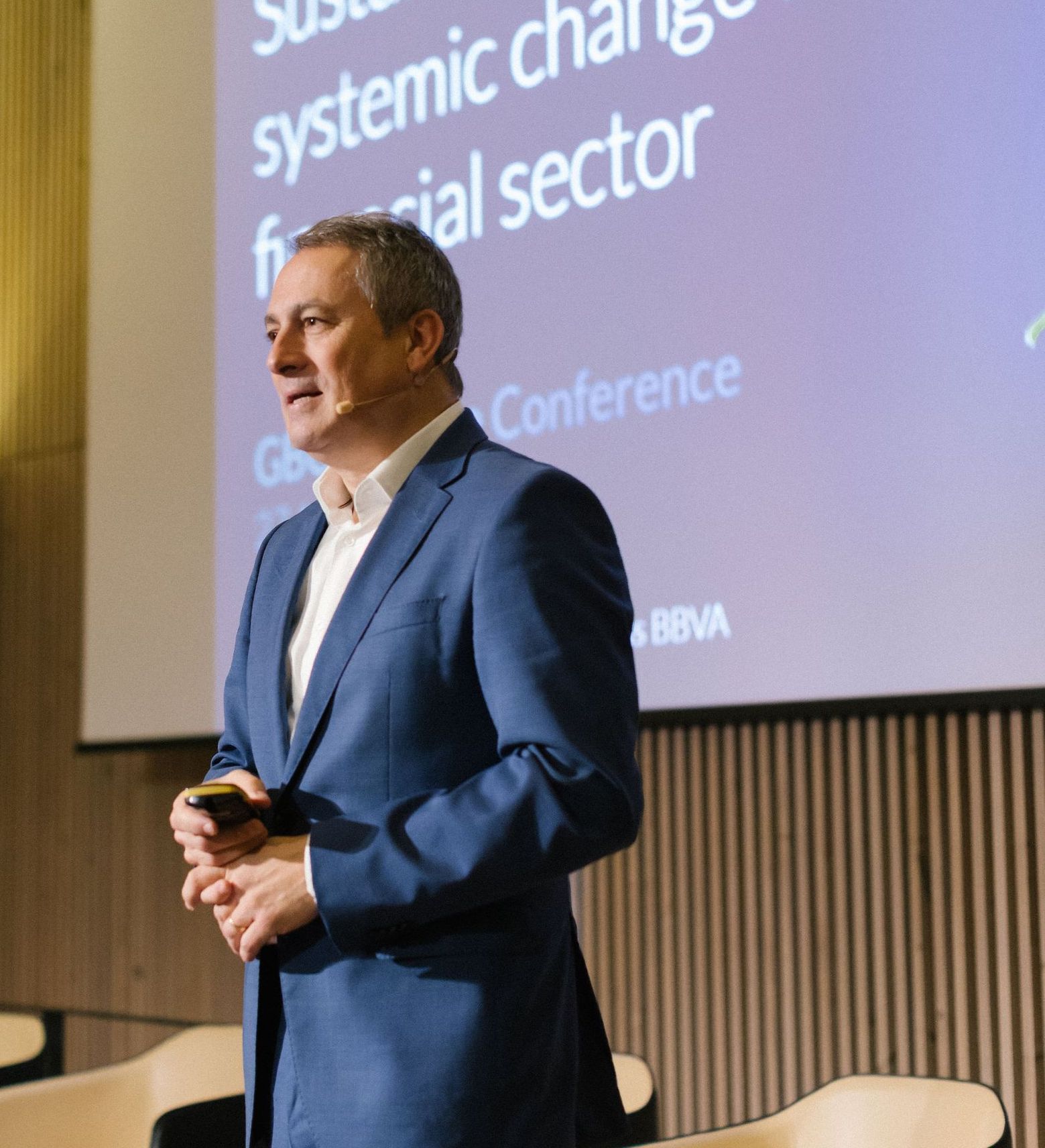
Es folgten Präsentationen zu den Themen Investitionen, Materialien und Stoffkreisläufen, technische Umsetzungen, Skalierung und die Vision für eine positive Zukunft (Beyond Zero); und so verließen alle die Sessions mit einem Gefühl der Inspiration. Einige der Präsentationen finden Sie hier.
Barcelona ist eine unglaubliche Stadt mit 272 LEED-Projekten und einer zertifizierten Fläche von fast 1,5 Millionen Quadratmetern. Während unserer Zeit auf der Veranstaltung konnten wir 14 herausragende Projekte besichtigen, darunter auch die Veranstaltungsorte und die Stationen der Tour am dritten Tag.
Die Veranstaltung war eine Gelegenheit, die europäische LEED-Gemeinschaft kennenzulernen und mit anderen Experten in Kontakt zu treten. Es war großartig, Tipps mit anderen Beratern auszutauschen, die ebenfalls regelmäßig mit LEED arbeiten. Es war eine großartige Gelegenheit, Zeit mit dem Team zu verbringen, etwas Teambuilding zu betreiben und die schöne Stadt Barcelona zu genießen. - Aurélie Simon, Senior Consultant
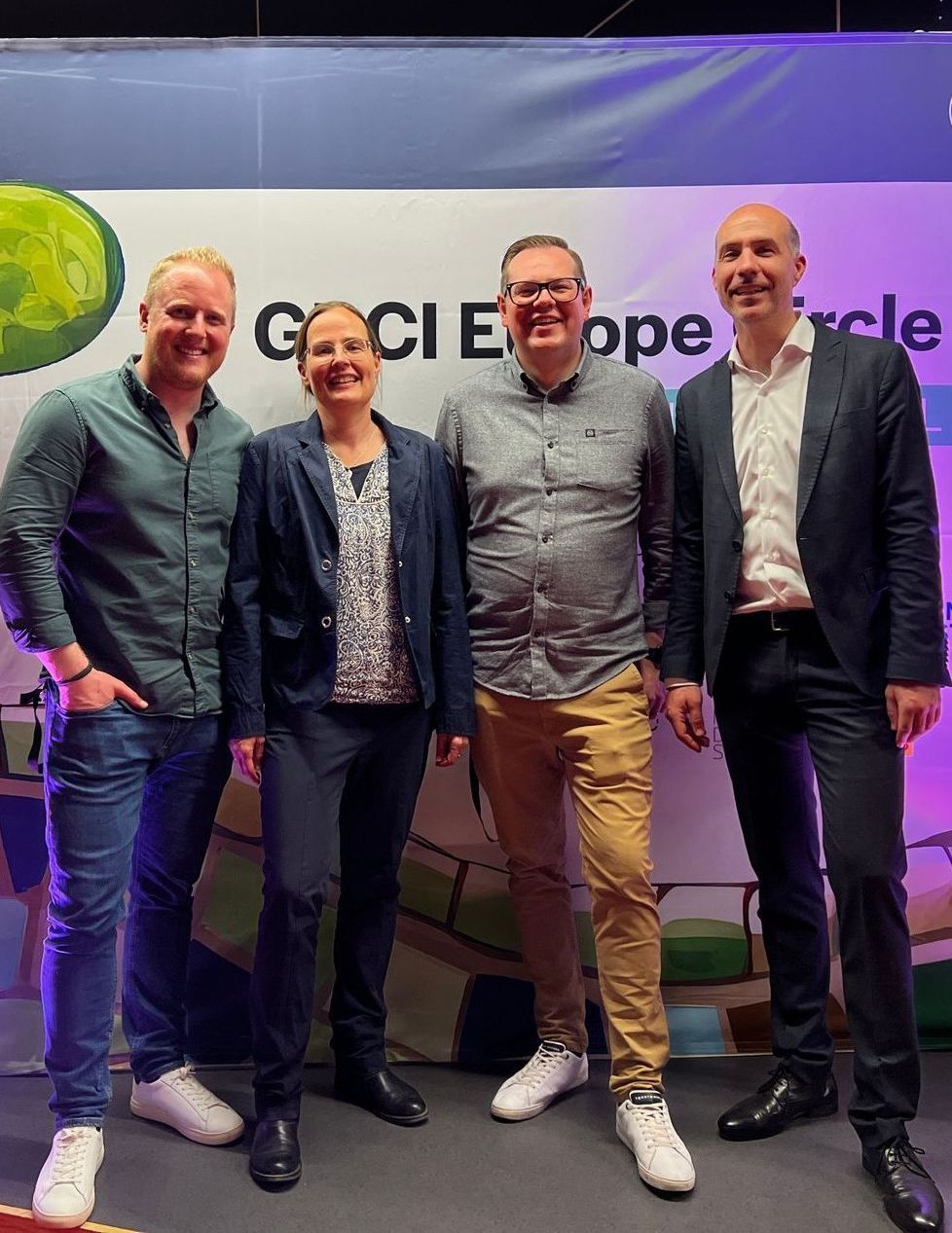
Die wichtigste Botschaft der Veranstaltung war, wie wichtig es ist, dass wir weiter vorankommen und über Net Zero hinausgehen. Neutralität ist zwar ein schönes Ziel, reicht aber bei weitem nicht aus, und wir können es sicherlich nicht dabei belassen. Es ist sinnvoll, sich für umweltfreundliche Gebäude einzusetzen, nicht nur aus finanzieller Sicht, sondern vor allem um die Menschen und den Planeten für die Zukunft zu schützen.
Was uns besonders auffiel, ist die Bedeutung bestehender Gebäude für das Erreichen dieser Ziele. Anstatt ein Gebäude abzureißen und von vorne anzufangen, sollten wir uns der bereits gebauten Umwelt annehmen und nach Möglichkeiten suchen, Gebäude aufzuwerten und zu sanieren, um ihre ESG Performance zu verbessern, bevor wir überhaupt in Erwägung ziehen, an ihrer Stelle etwas Neues zu bauen.
Und wenn wir etwas Neues bauen müssen, müssen wir die Verwendung vorhandener Materialien in Betracht ziehen und einen richtigen Plan für den Lebenszyklus des Gebäudes haben, anstatt einfach nur das perfekte neue Gebäude zu errichten, das allen Anforderungen gerecht wird.
Ich bin ein LEED Green Associate und konzentriere mich hauptsächlich auf Lebenszyklusanalysen. Die Veranstaltung war eine Gelegenheit, in das Thema nachhaltige Gebäude einzutauchen und eine großartige Erinnerung daran, wie ein zirkulärer Ansatz in der gebauten Umwelt uns helfen wird, Net Zero und mehr zu erreichen. Es war großartig, ein paar Tage in Barcelona zu verbringen. Die Erkenntnis, dass wir unabhängig von unserem Hintergrund alle vor denselben Herausforderungen stehen und dieselbe Leidenschaft für Nachhaltigkeit teilen, war sehr beruhigend und hat uns sehr motiviert. -
Matías von Bennewitz, Senior Consultant
Wir freuen uns bereits auf das nächste Event GBCI Europe Circle 2024, das in Athen stattfinden wird. Aufgrund des wichtigen Feedbacks der Teilnehmer in den letzten beiden Jahren erwarten wir eine noch interessantere Veranstaltung. Im September werden wir auch an der Greenbuild teilnehmen, um das 30-jährige Bestehen des USGBC zu feiern, wo auch der World Green Building Council (WGBC) tagen wird. Mehr dazu erfahren Sie hier.
Fotografie von Miriam Nunez. GBCI Europe Circle 2023



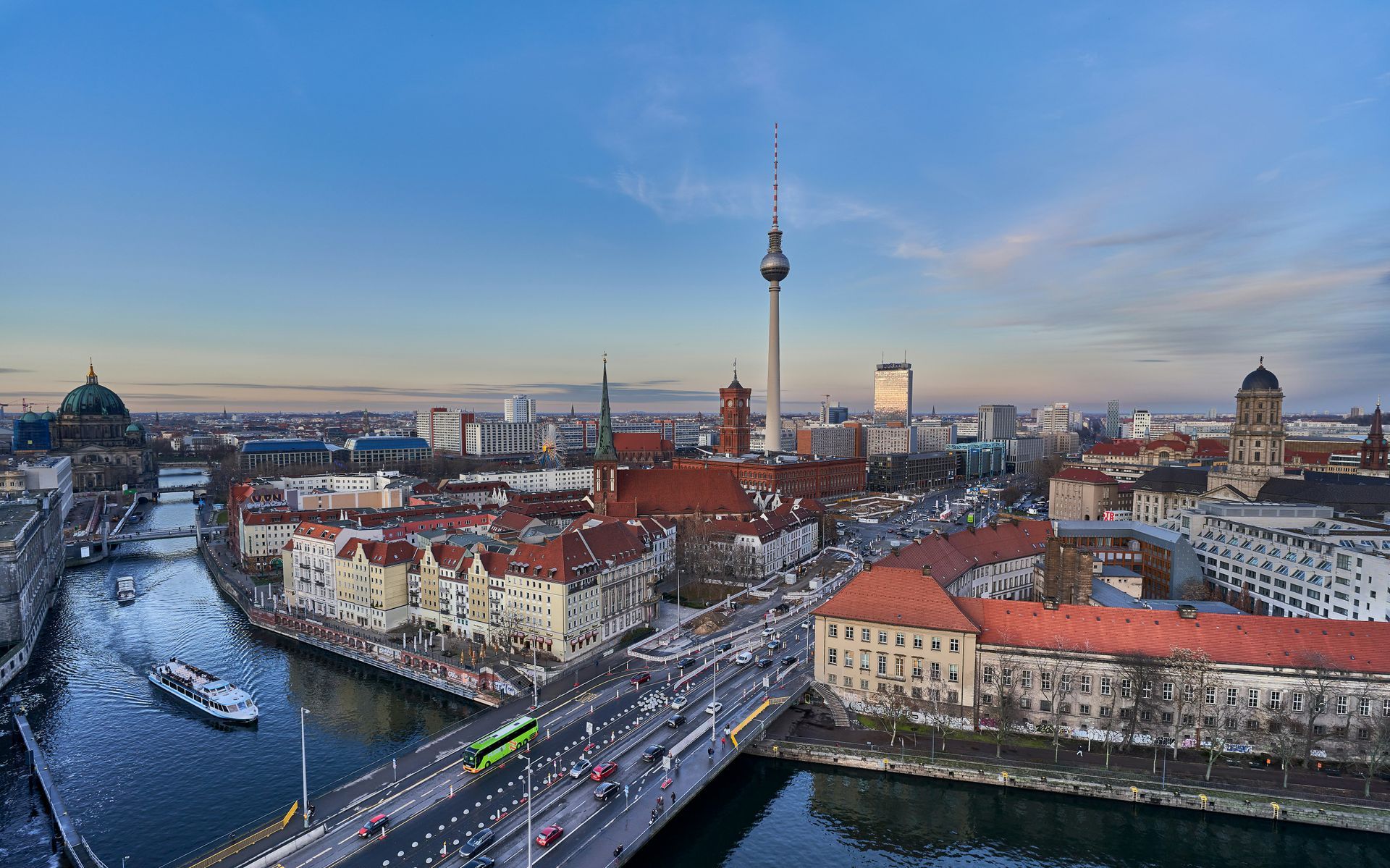

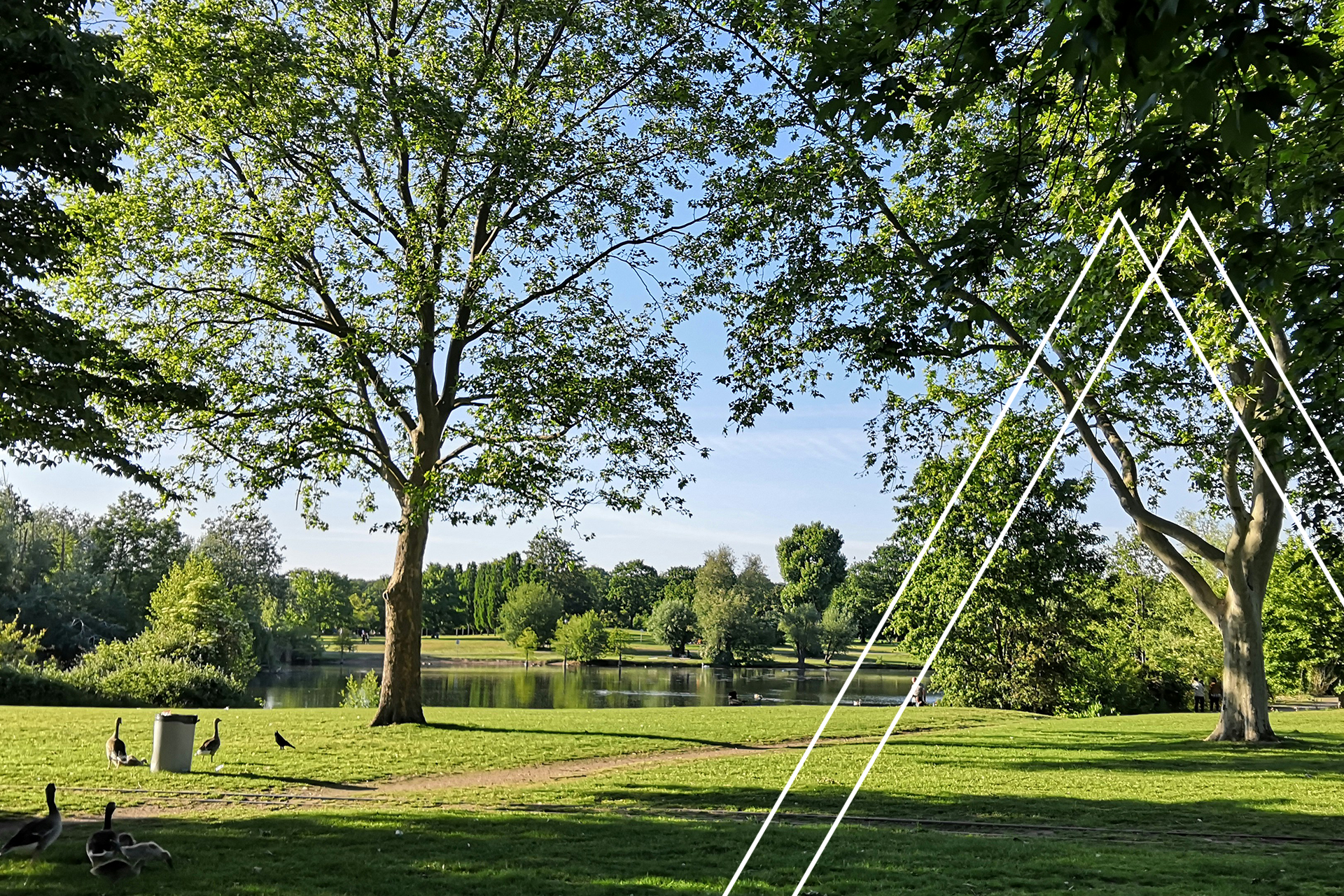
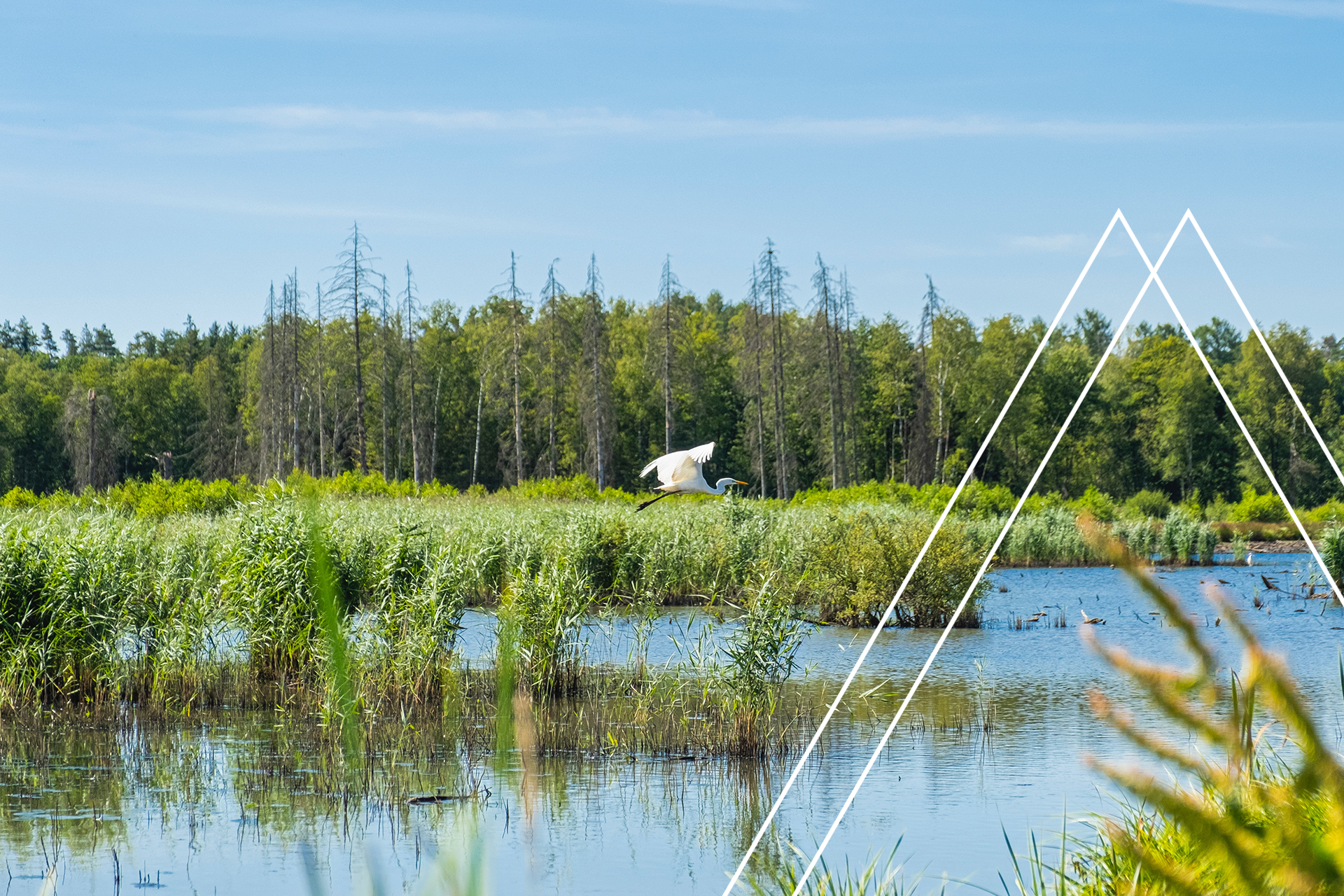


Head Office, Berlin,
Neue Grünstraße 17 | 18 Hof 1 | TRH 3
10179 Berlin
© ES EnviroSustain GmbH 2021




